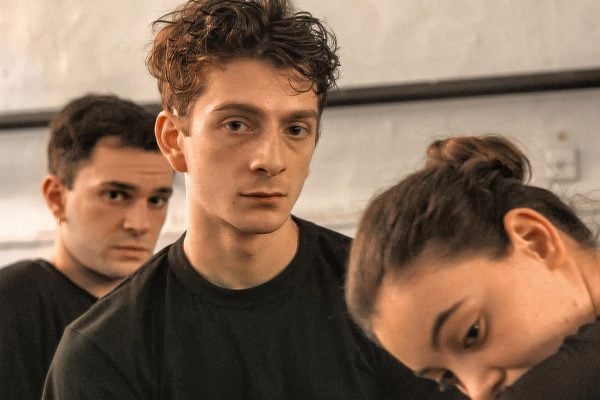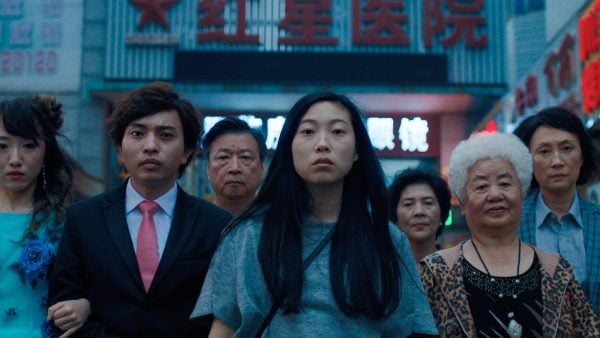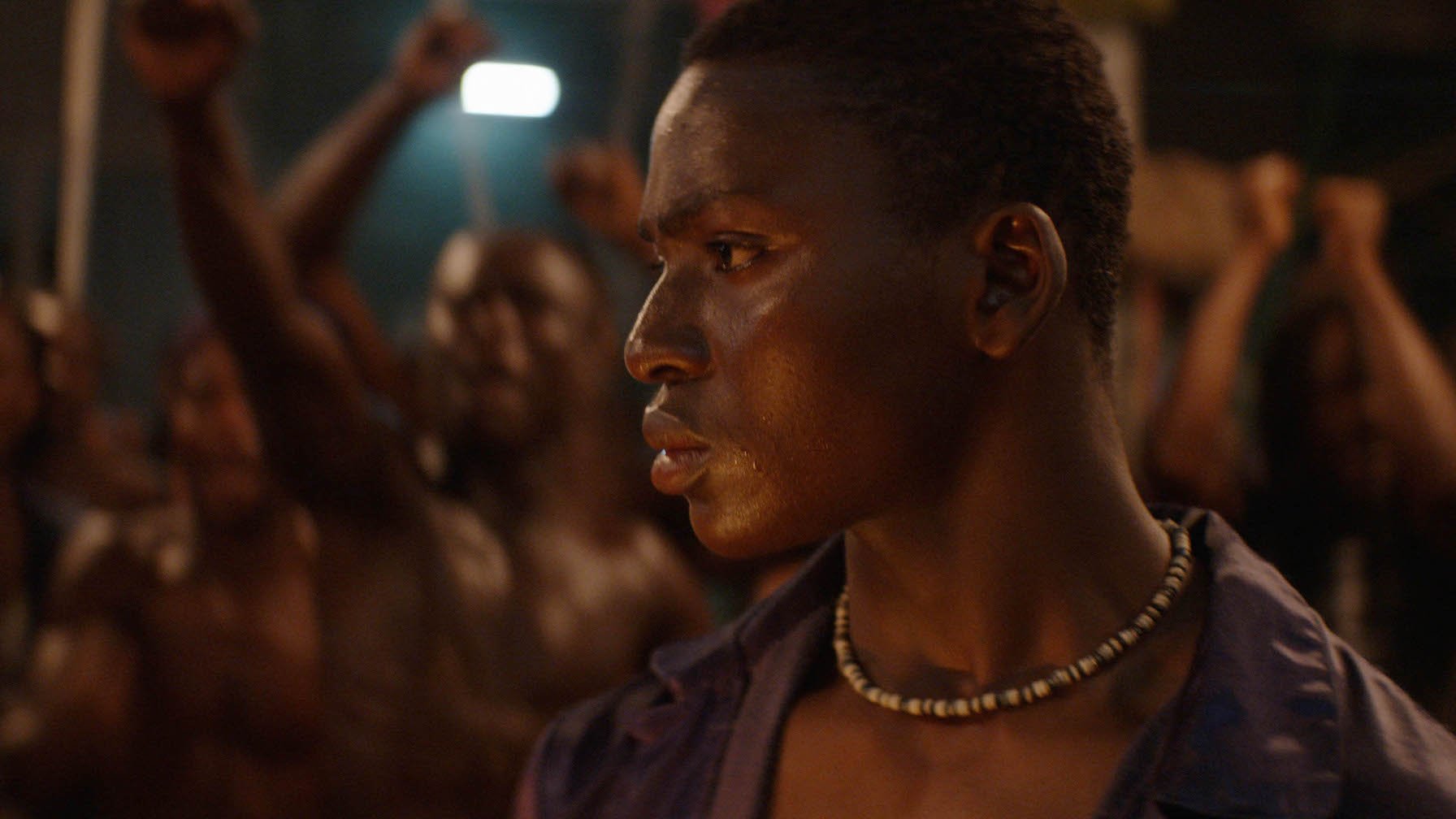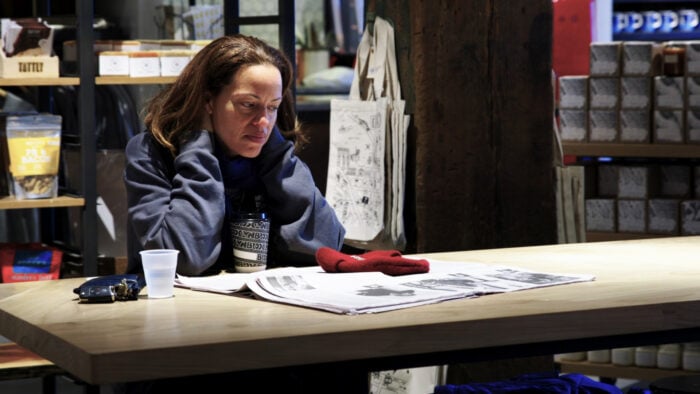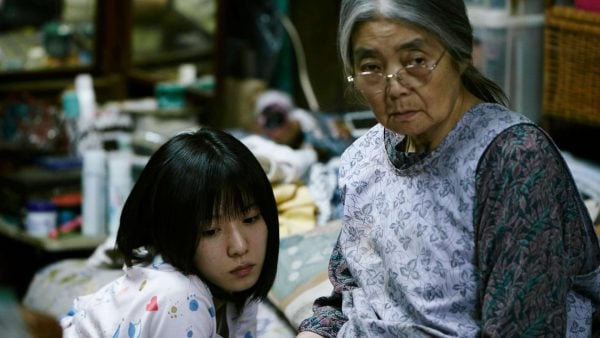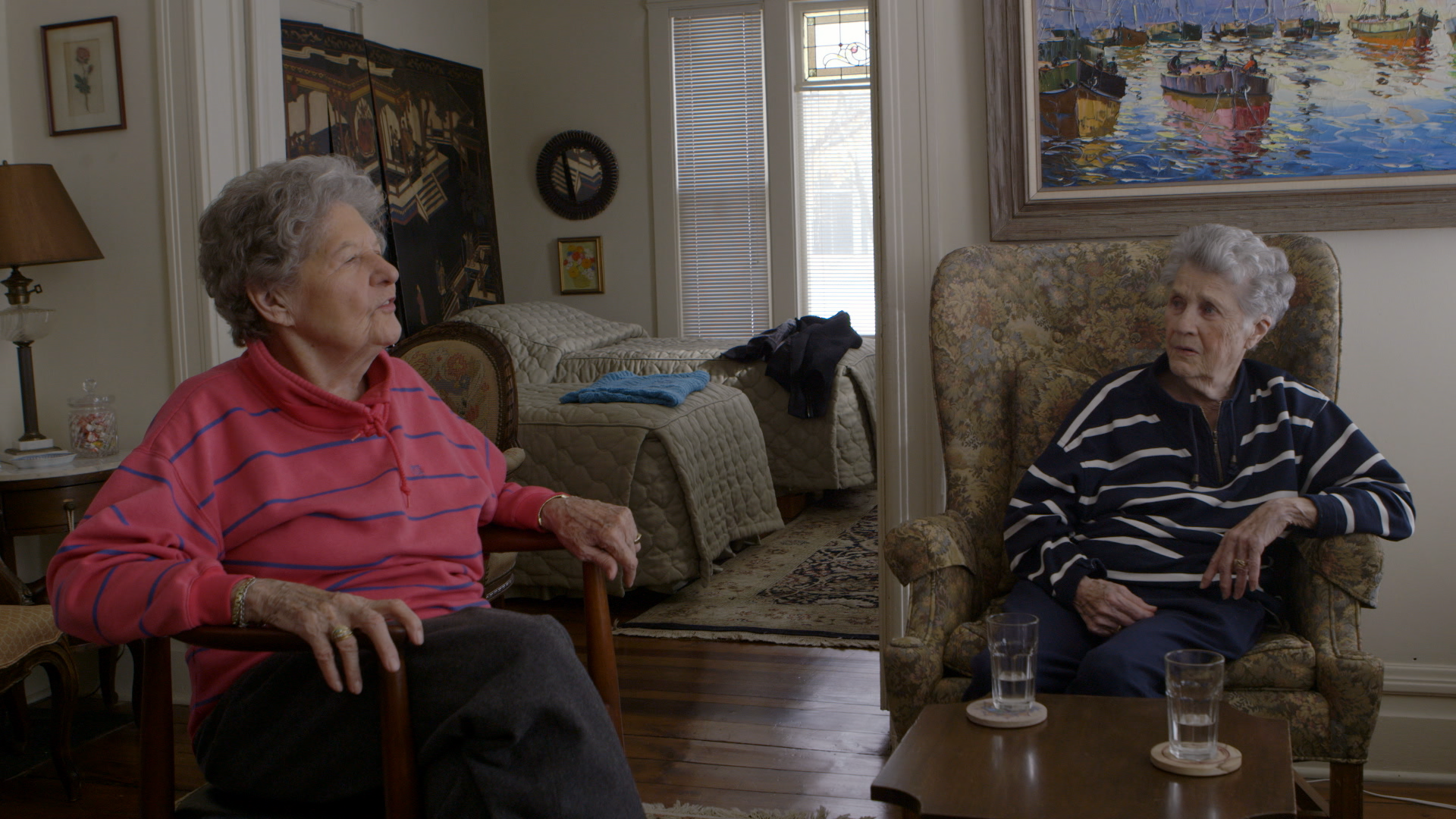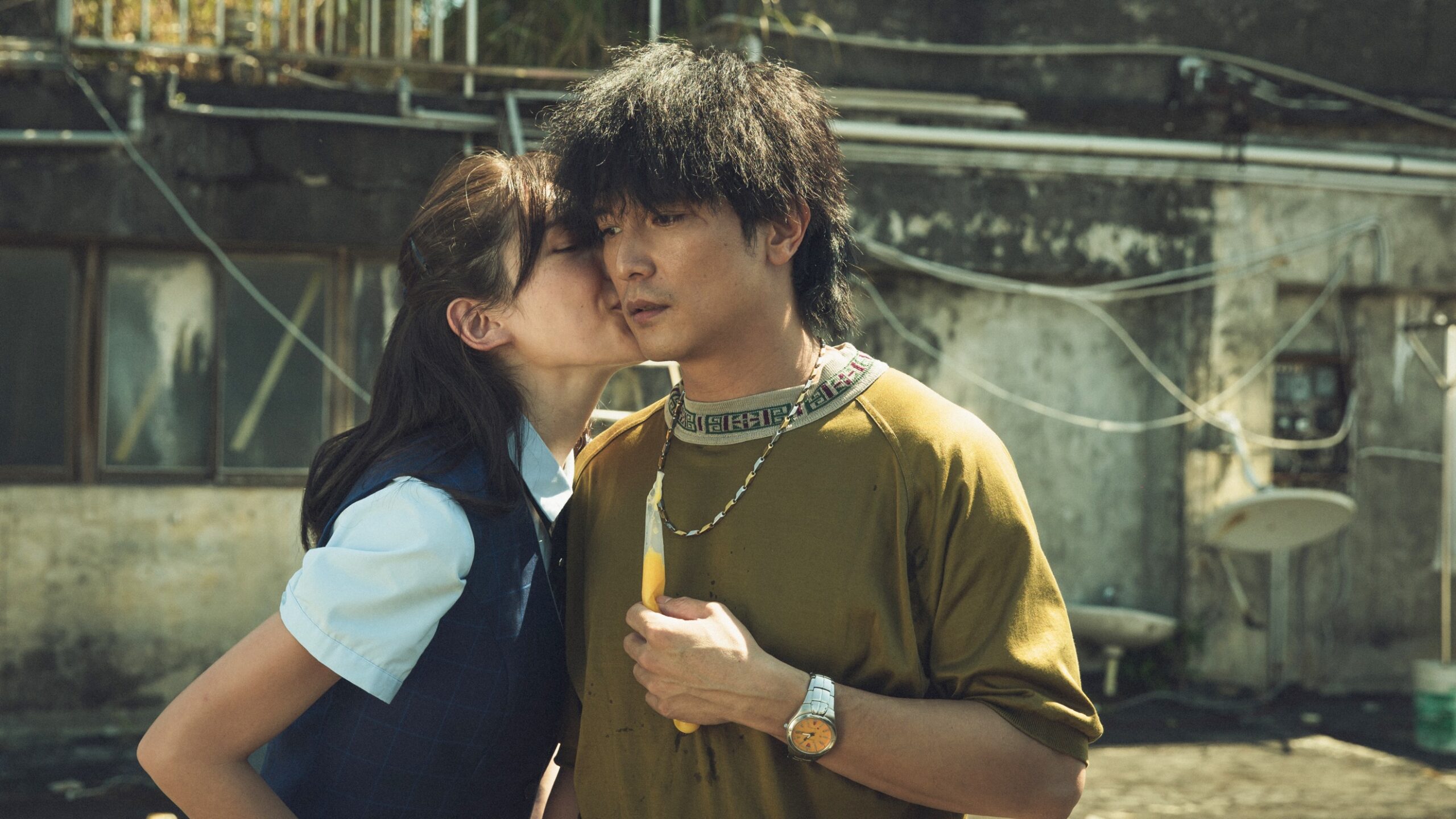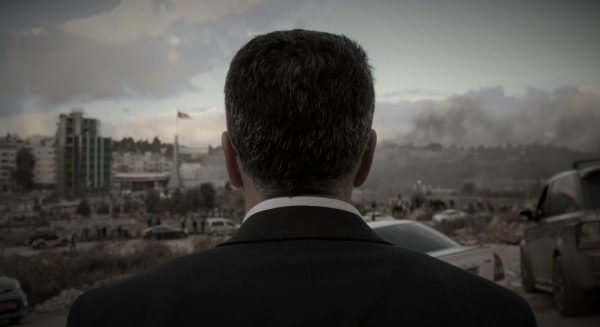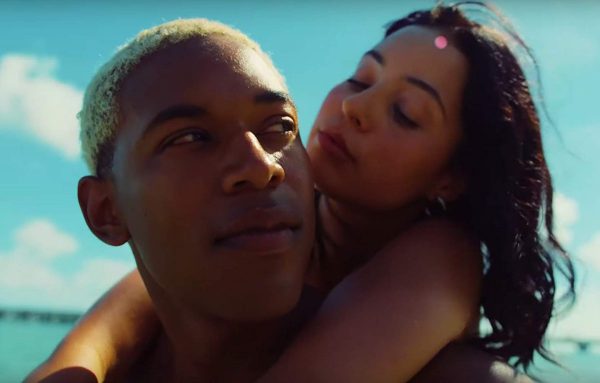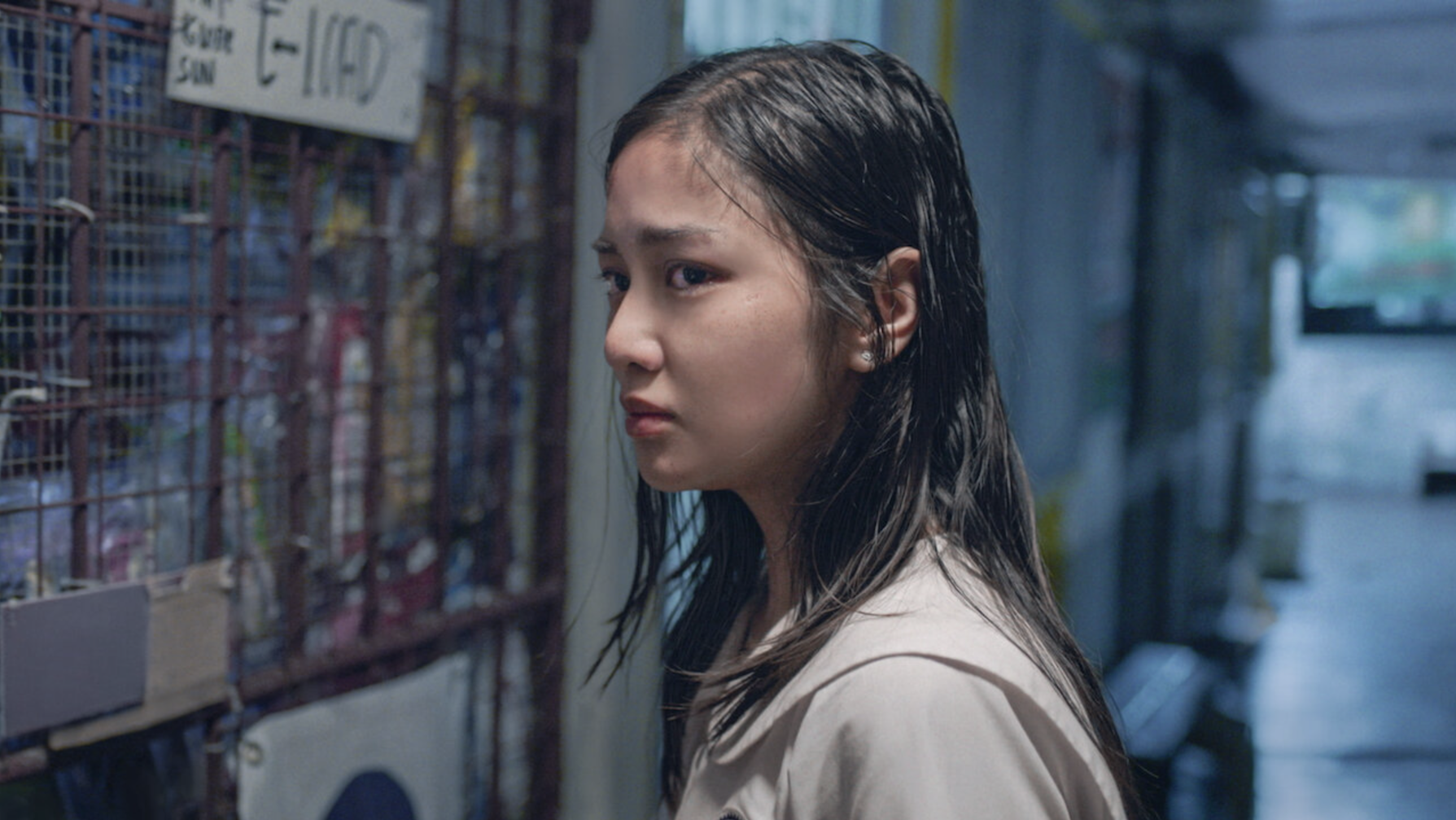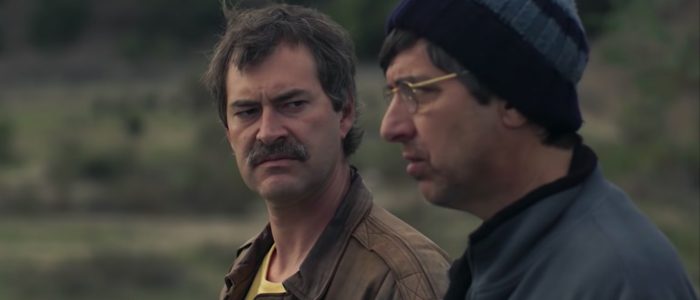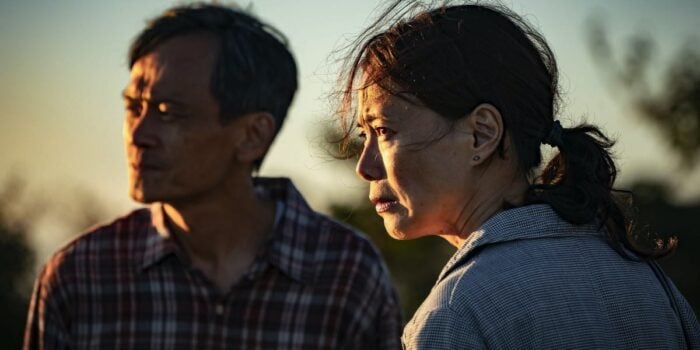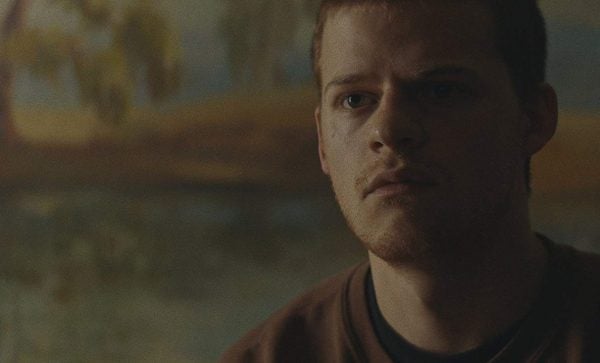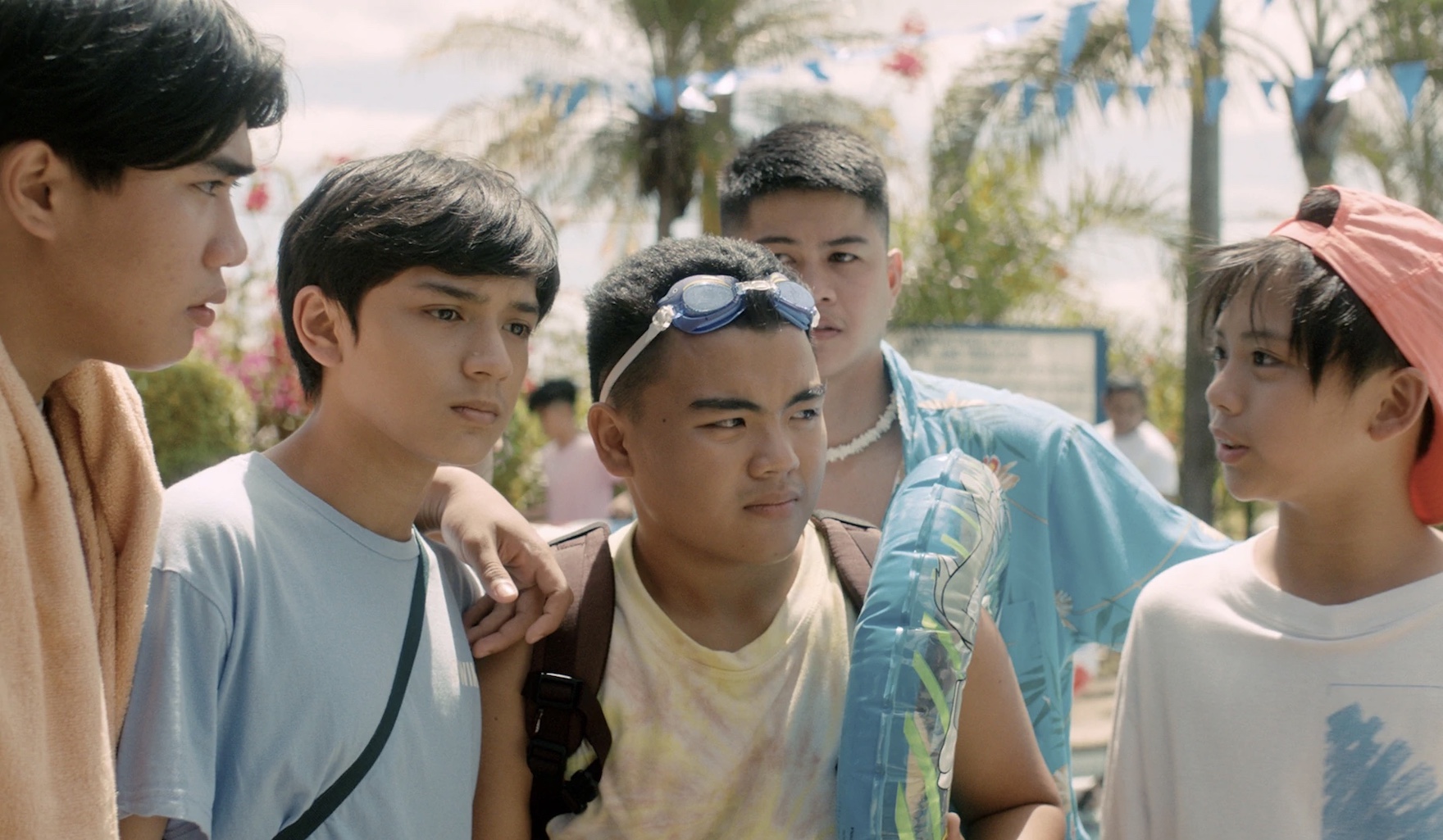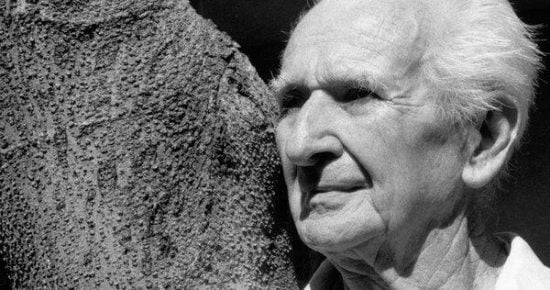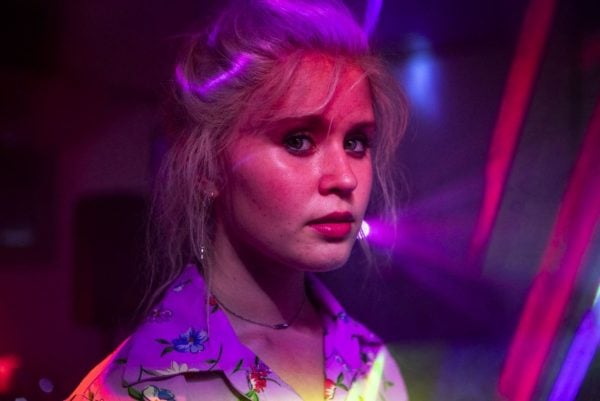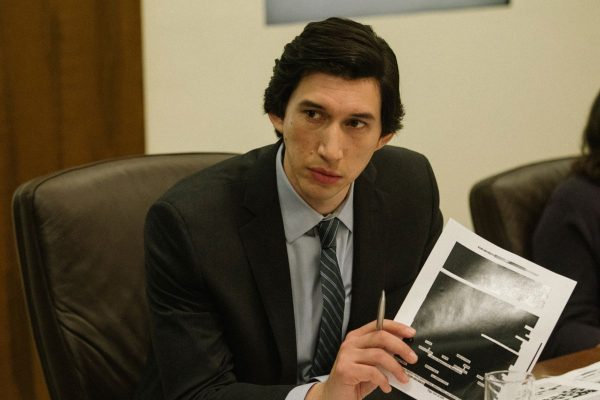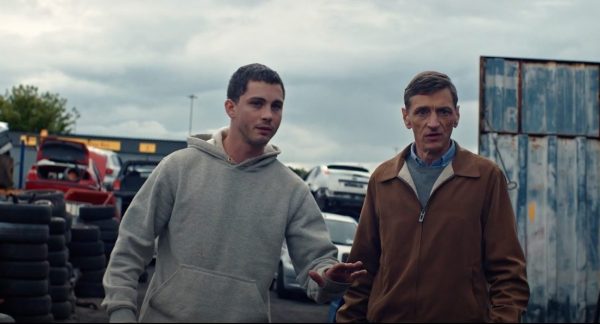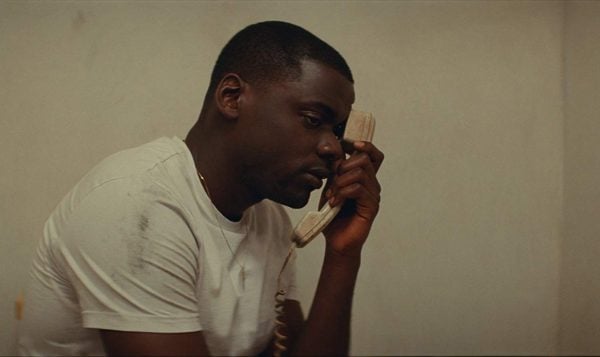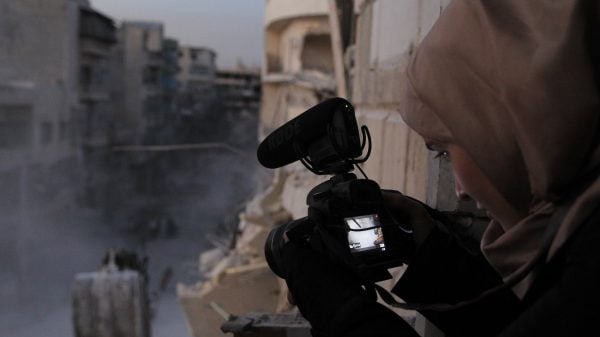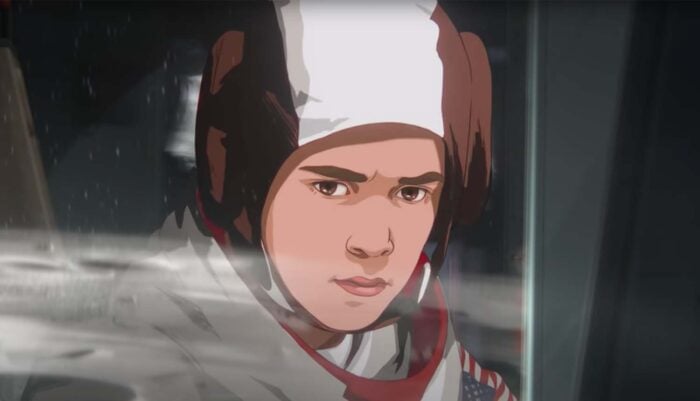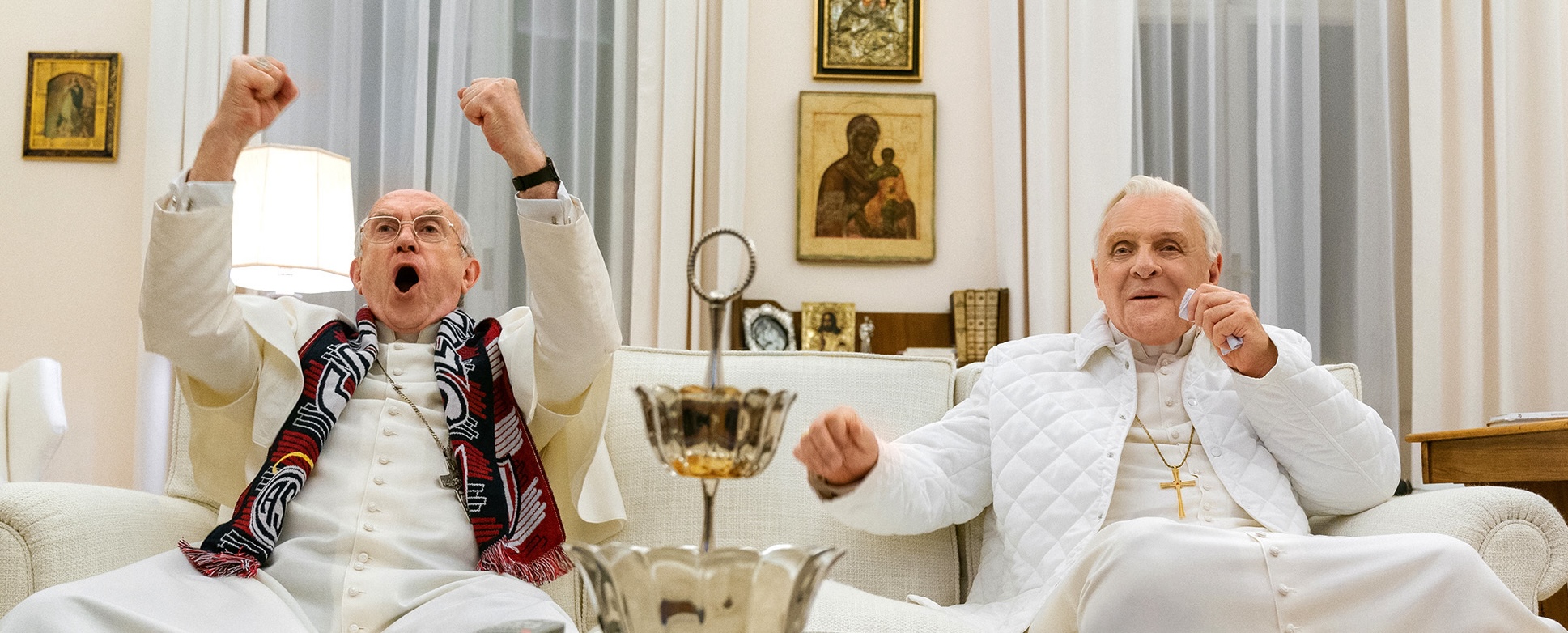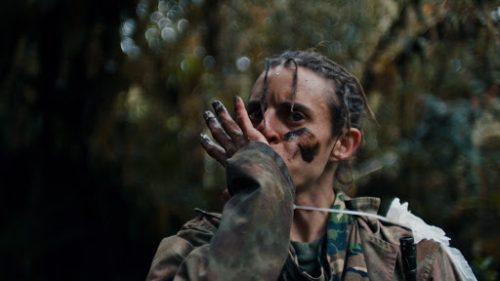Movies Like The Lighthouse (2019)
For the longest time, television seemed to be the antithesis to reading– part of that belief still lingers to this day. However, just before the turn of the millennium, there was a show that didn’t find itself opposite to it, instead, it wanted to be its ally. That show was Reading Rainbow. Butterfly in the […]
Ashkal takes an audaciously hybrid approach to genre: it’s part-noir, part-supernatural thriller, and full political allegory. The investigation at the center of this slow-burn Tunisian police procedural is a gripping one, as burnt naked bodies keep turning up in abandoned construction sites in Tunis with no trace of a struggle or even a combustible on […]
As one of the few animated Filipino films ever made, there’s a question as to why The Missing should use the animation in the first place. The animation here is much more rough than the ones from other countries, and while it’s a bit more pricey, the filmmakers could have filmed this in live action […]
You’d expect a film with a premise like this to make constant parallels between its two main storylines, or to at least have them intersect more often and more significantly. But impressively, Mast Mein Rehne Ka makes the jump from chance encounter to wandering slice-of-life drama with ease—becoming a portrait of Mumbai and the isolation […]
Suzzanna: Kliwon Friday Night is the second part of a trilogy dedicated to Indonesia’s queen of horror, billed as Suzzanna New Generation. The trilogy recreates three of Suzzanna’s iconic films, and the second installment is based on the 1986 film Malam Jumat Kliwon. The supernatural horror isn’t exactly scary– the film takes a bit too […]
Ahmed plays Ruben Stone, a heavy metal drummer, who plays in a band and lives in a tour bus with his girlfriend Lou (Olivia Cooke). Quickly after meeting the couple, we witness the touring musician drastically losing his hearing. As recovering addicts with little financial means, they soon run out of options. Lou desperately wants […]
This groundbreaking documentary follows the USA Olympics sexual abuse case that made headlines in 2015. Through interviews with Olympians, their families, and investigative reporters, it’s also a documentary on the overall culture of abuse in gymnastics: sexual, physical, and emotional. In one scene from the 1996 Olympics, gold medalist Kerri Strug has to run, vault, […]
Much sweeter and much more bittersweet than one might expect, World’s Best does some deceptively clever things with its major themes of math and rap. Somehow, this pre-teen coming-of-age story finds a way to play with preconceived notions of equations always resulting in certain answers, and of modern hip hop being all about swagger and […]
While morbidly titled, there’s an unexpected playfulness to Sometimes I Think About Dying that makes a fairly mundane office relationship into a charming romance. Writer-director Rachel Lambert and lead Daisy Ridley capture Fran’s introversion in inventive ways, with score and image to make her daydreams of death more surreal than morbid, with quiet wistfulness of […]
The first movie to be nominated for both the Documentary and Foreign-Language Oscar categories and the most awarded film of the 2019 Sundance Festival, Honeyland quietly accompanies the last wild beekeepers in Europe over three years. It portrays the lonely and primordial life of Muratova, which is centered around harvesting honey according to the rules […]
Hallmark is the last place you’d expect to find a low-budget movie that decries excessive automation and advocates for local businesses, but for some reason this is the setting against which Love & Jane’s story is told. And the movie doesn’t come across as insincere either, as it uses a familiar romcom template to actually […]
In this powerful documentary, Brazilian filmmaker Petra Costa intertwines her own family history with the democratic journey of her home country. As she says herself, Costa and her country’s democracy are of the same age. This is not the only reason why she was uniquely positioned to make a film like this: her parents were […]
Poland’s nomination for Best Foreign Language Film at the 2020 Academy Awards may have lost to Parasite, but director Jan Komasa’s film is still utterly compelling. The crazy sounding premise is inspired by true events: after having had a transformative experience in jail, an ex-convict, played by the wiry, blue-eyed Bartosz Bielenia, decides he wants […]
Georgian dance has cut-throat competition: the art form is dying even within Gerogia, and to make it, dancers compete to join the one duo that represents the country. The chance finally comes and the spot opens up, igniting the hopes of performers from around the country. Mervan is one of them, a young dancer from […]
Many things clash in this beautifully layered, semi-autobiographical film of American director Lulu Wang: cultures, morals, and emotions. The result is a type of comedy that is complex and bittersweet—and based on a true lie: this is the story of a Chinese grandma whose family won’t tell her that she is fatally ill. Instead, they […]
With a script that seems to have been written for a medieval fantasy, but set in a present-day Ivorian jail, Night of the Kings immediately situates itself between the realms of reality and imagination. Whether or not one thinks that certain details about the prison’s strange rituals have been lost in translation, the mysticism surrounding […]
This searing allegation of sexual abuse against Def Jam Recordings’ Russell Simmons unfolds with the intelligence and tenacity of a world-class prosecution. But more importantly, On the Record remembers to fight for a justice that’s restorative, too—paying proper tribute to Drew Dixon and many other equally creative and talented women behind the scenes in the […]
The title of this 2018 Palme D’or winner is not to be taken metaphorically: Shoplifters is about a marginalized family of day workers, crooks, and small-time outlaws, who live on the fringes of Japanese society. Osamu (Lily Franky) and Nobuyo (Sakura Andô) both have jobs but spruce up their low-wage income by committing petty crimes. […]
Even when it necessarily tackles the difficulties that are part and parcel of same-sex love in the 20th century, there’s something pleasant about the way A Secret Love is told. The documentary puts Terry and Pat’s love above all else, so even though we hear about how they had to tear the bottom pages of […]
There isn’t anything about Man in Love—a remake of the 2014 South Korean film of the same name—that you haven’t already seen before. But this iteration of the love story between a kindhearted woman and a scoundrel in business with gangsters and creditors benefits from high production values that help Taiwan stay romantic despite the […]
Mayor follows Musa Hadid, the mayor of the de-facto capital of Palestine, Ramallah, over two years as he tries to make his constituents’ lives better under occupation. With shootings, sieges, and a wide array of life-threatening situations taking place, his focus remains on cheesy Christmas decorations and funny city-branding attempts. The director follows the mayor […]
A beautifully shot movie about a high-schooler who’s pushed by his father to always work and exercise the hardest. He aces his exams and always wins at wrestling, but nothing is ever good enough for the father and there is no margin for error. When things with both his body and his relationship start going […]
In the years since Fan Girl’s original release in the Philippines, its ultimate message and execution has become polarizing: is it enough that the film shows the corruption of a parasocial relationship into an abusive one, without offering much hope? Is its vision of justice actually constructive or disappointingly limited? No matter where you fall, […]
There are three big reasons to watch Paddleton. The first two are Ray Romano and Mark Duplass, who play the two neighbors at the center of the story. And the third is Alexandre Lehmann, the director, who also is responsible for Blue Jay (on Netflix as well). These two misfit neighbors find themselves together when […]
In The Sun, a family of four is dealt with tragedy after tragedy, beginning with the younger sun A-ho’s sudden incarceration. The mother is sympathetic but the father all but shuns him as he chooses to throw all his affection to A-hao, the older brother, and his med school pursuits instead. Themes of crime, punishment, […]
There is so much power to this story based actor Shia Laboeuf’s life. As a kid, he lived with his father on the road during the filming of Even Stevens and other star-making roles. His dad was a war veteran who goes to bikers’ AA meetings and who had a brief acting career himself. He […]
Unlike in other films that only seem to evoke a previous era to make a target demographic feel warm and fuzzy inside, there’s something vaguely artificial about Death of Nintendo’s air of nostalgia—which is exactly what helps it tell its story. There isn’t anything particularly novel about this movie’s plot or characters, but Raya Martin’s […]
This is an amazing documentary but be warned, the main character has some weird characteristics. By coincidence, an art collector stumbles upon an undiscovered collection of sculptures and paintings that can only be described as the work of a genius. There was almost no reference to the artist, but upon research the collector finds that […]
This artistic Australian coming-of-age drama stars Eliza Scanlen (Little Women, Sharp Objects) as Milla, a teen from a dysfunctional family. The father is a psychologist and the mother suffers from depression, so he medicates her under the table. Meanwhile, Milla, a 16 year old, starts dating a charismatic almost-homeless 24 year old drug dealer. Unusual […]
Adam Driver, Annette Bening, and Jon Hamm are among the many recognizable faces of this star-packed political drama. Driver, pictured above in his ‘I’m goofy but I will save the world’ signature stare ????, plays Daniel J. Jones, an investigator working with the Senate. He is assigned to write a report (“the” report) about the […]
Logan Lerman (The Perks of Being a Wallflower) and John Hawkes (The Sessions) star in this easy road drama about a father who tries to rekindle with his son. After the mother passes away, they try to execute her dying wishes of spreading her ashes in her home country of Ireland. The son, Lerman’s character, […]
On their drive back from a Tinder date that was only average, a couple are pulled over by a racist police officer. Things escalate unexpectedly and the couple, one of whom is a lawyer aware of the corruptedness of the system, start a life on the run together. This thrilling set-up mixing social commentary and […]
This story of a filmmaker who stayed in Aleppo, Syria during the war, got married then had a child called Sama, is a mix of difficult and inspiring. There are stories of unsurmountable loss, as the filmmaker’s husband is one of the 30 remaining doctors in Aleppo (a city of almost 5 million), and she […]
Narrated by the familiar voice of Jack Black, Apollo 10 ½ is a throwback story told with admirable specificity and imagination. Black plays a grown-up Stan, who looks back on his younger years with a mix of fondness and wonder: how did they get away with the things they did then? American suburbia in the […]
You wouldn’t expect two old men discussing God and politics to be deeply intriguing, but I suppose it’s different when you have Hopkins and Pryce leading the whole thing. Nothing overly dramatic happens between the two (those parts are saved for the flashbacks, which are just as compelling), but they manage to make every discussion, […]
This crazy adventure thriller was Colombia’s nomination for the 2020 Oscars. “Monos” translates to monkeys, the nom de guerre of a group of teenagers holding an American hostage in an isolated bunker. Other than the occasional visit from their supervisor, they’re left to their devices, forming relationships, smoking weed, drinking, and eating psychedelic mushrooms. One […]
























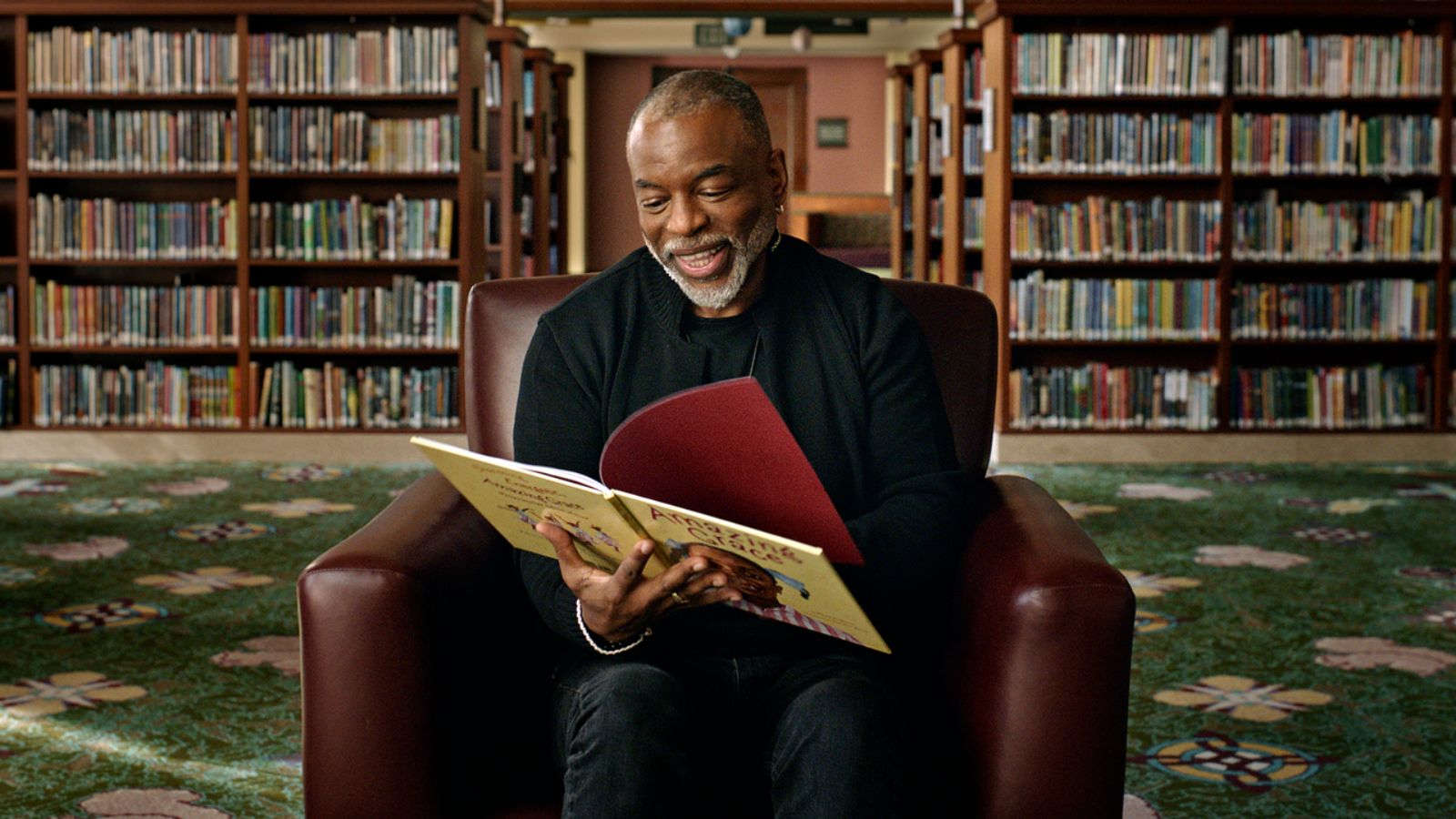
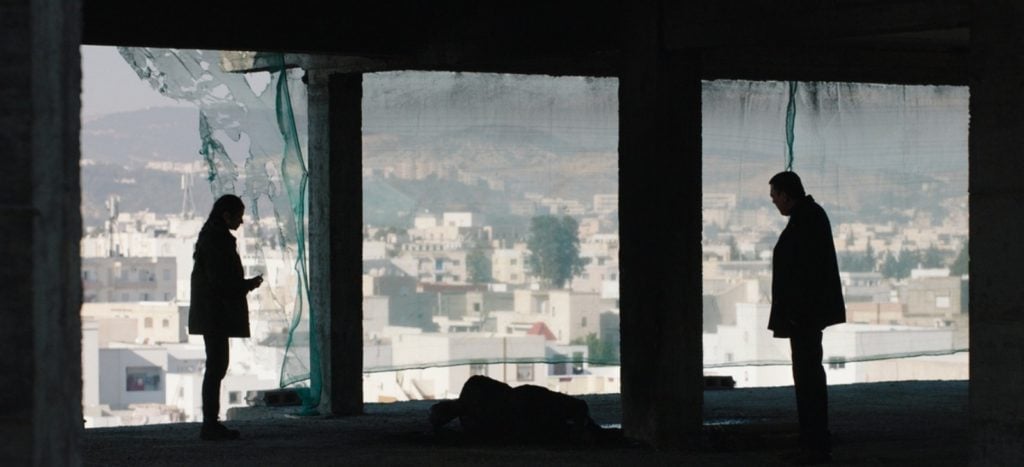
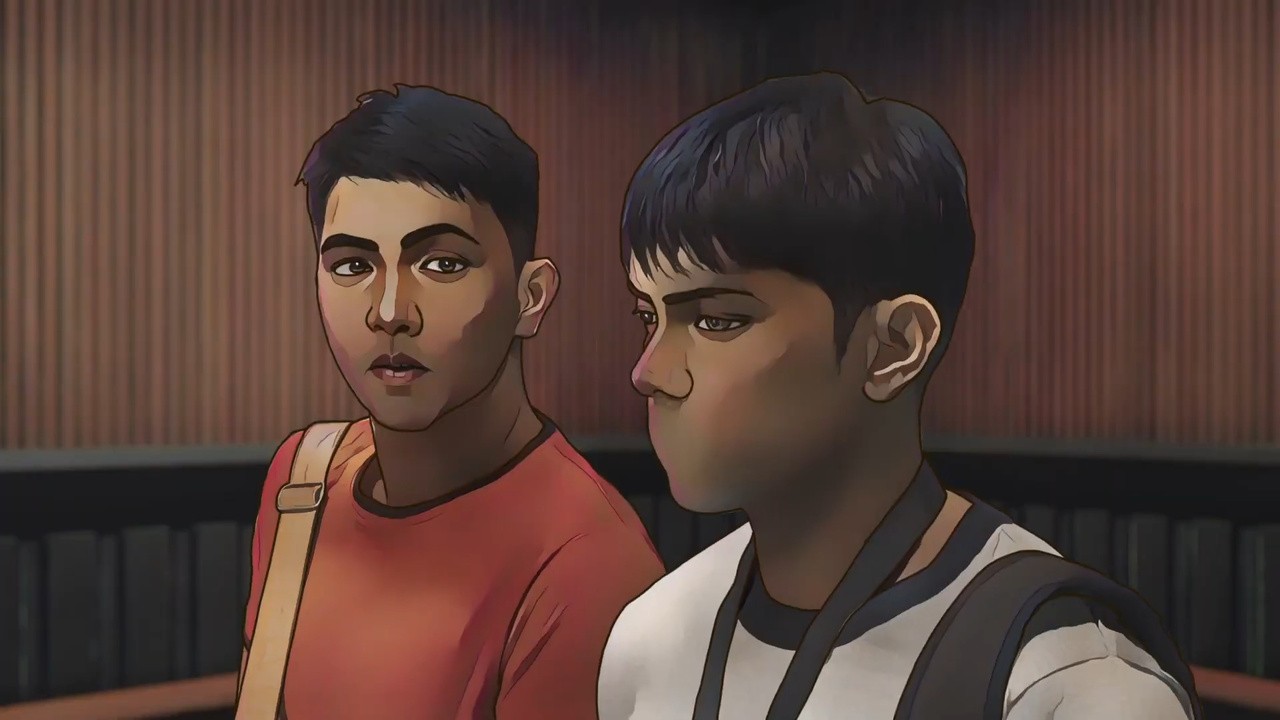
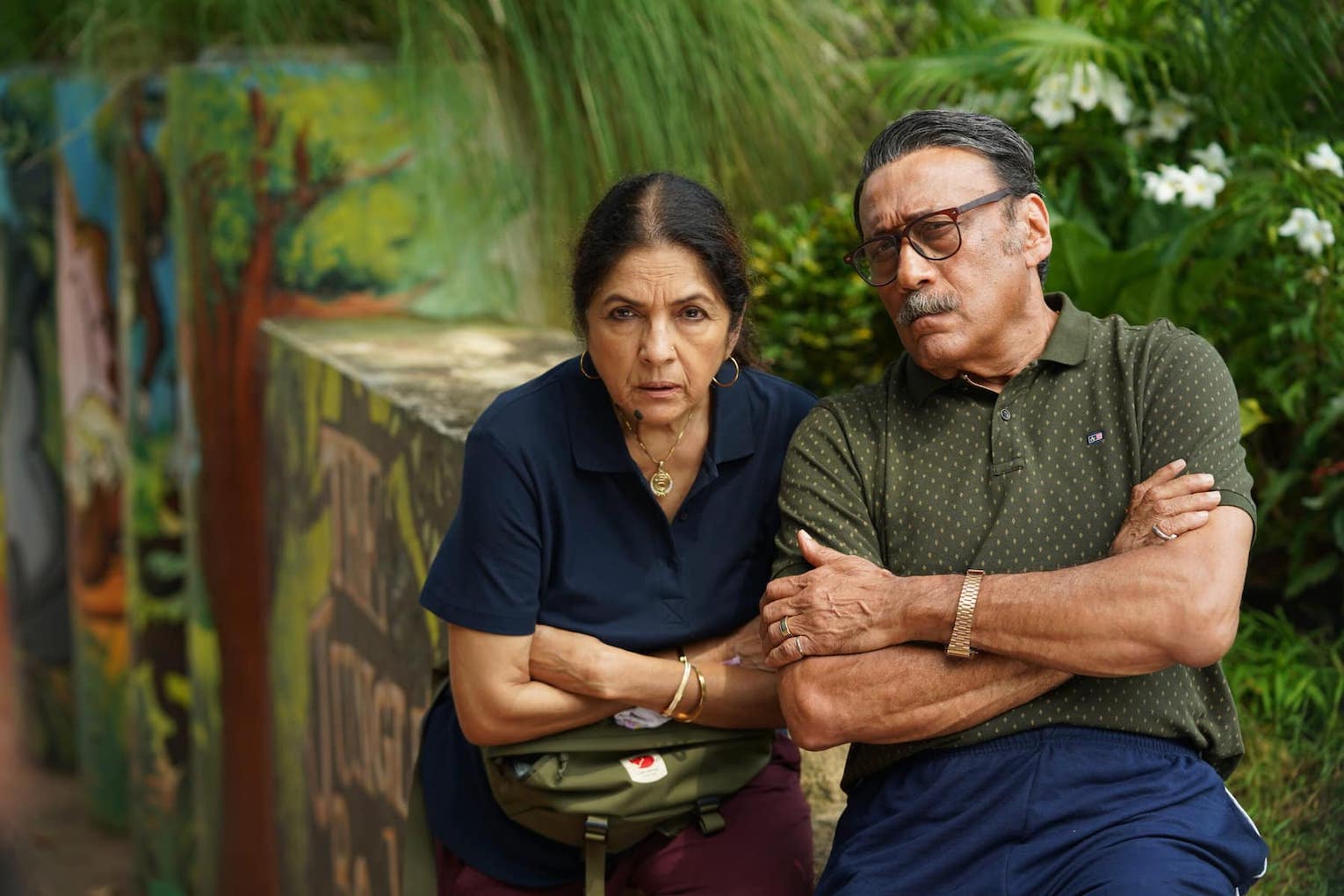
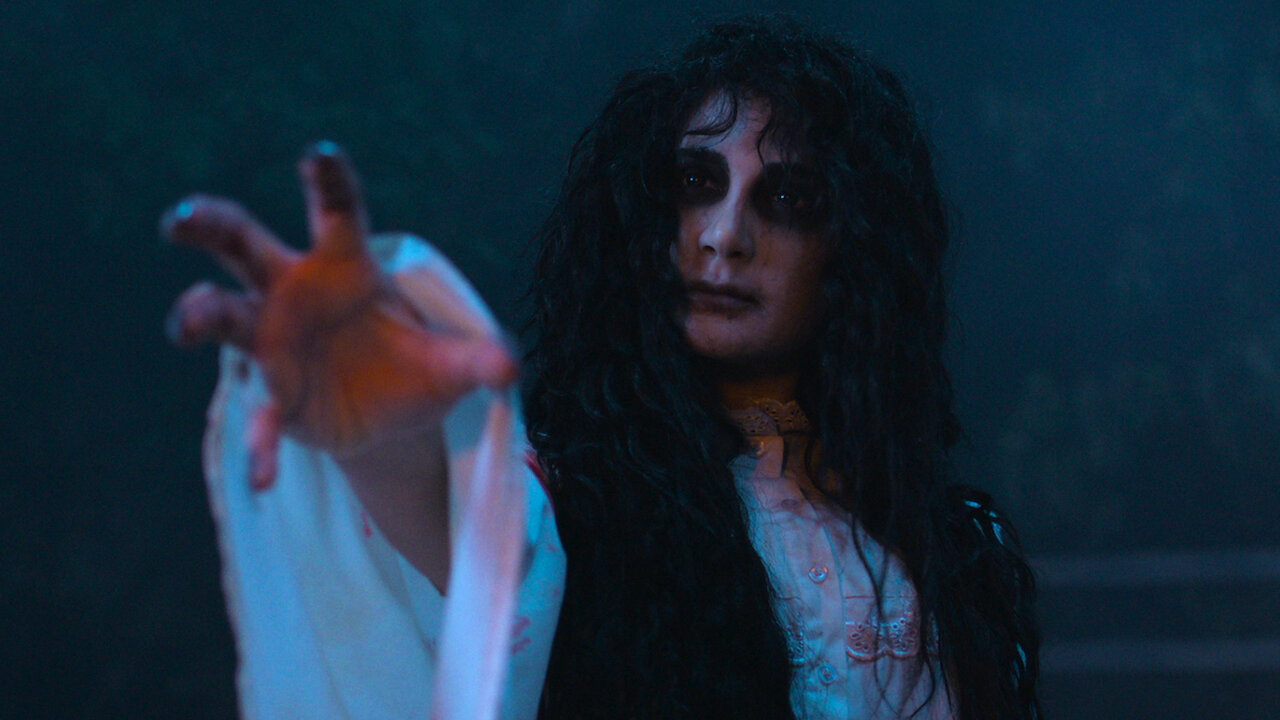
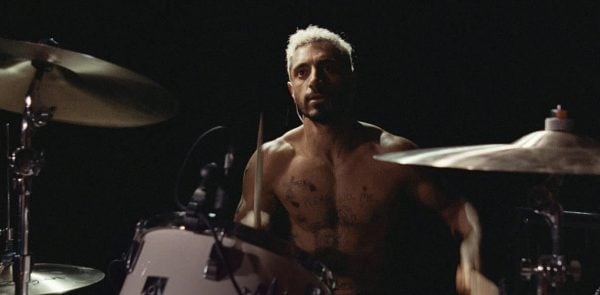
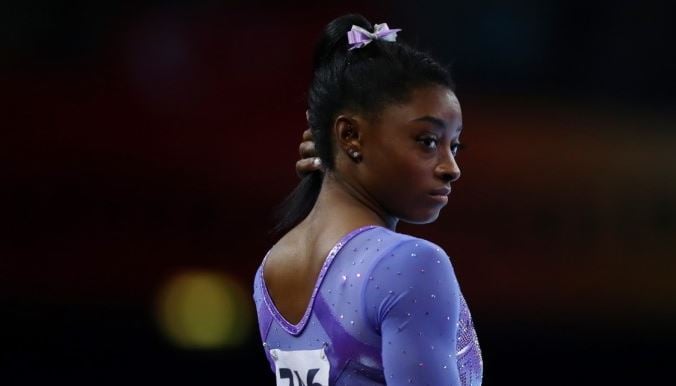
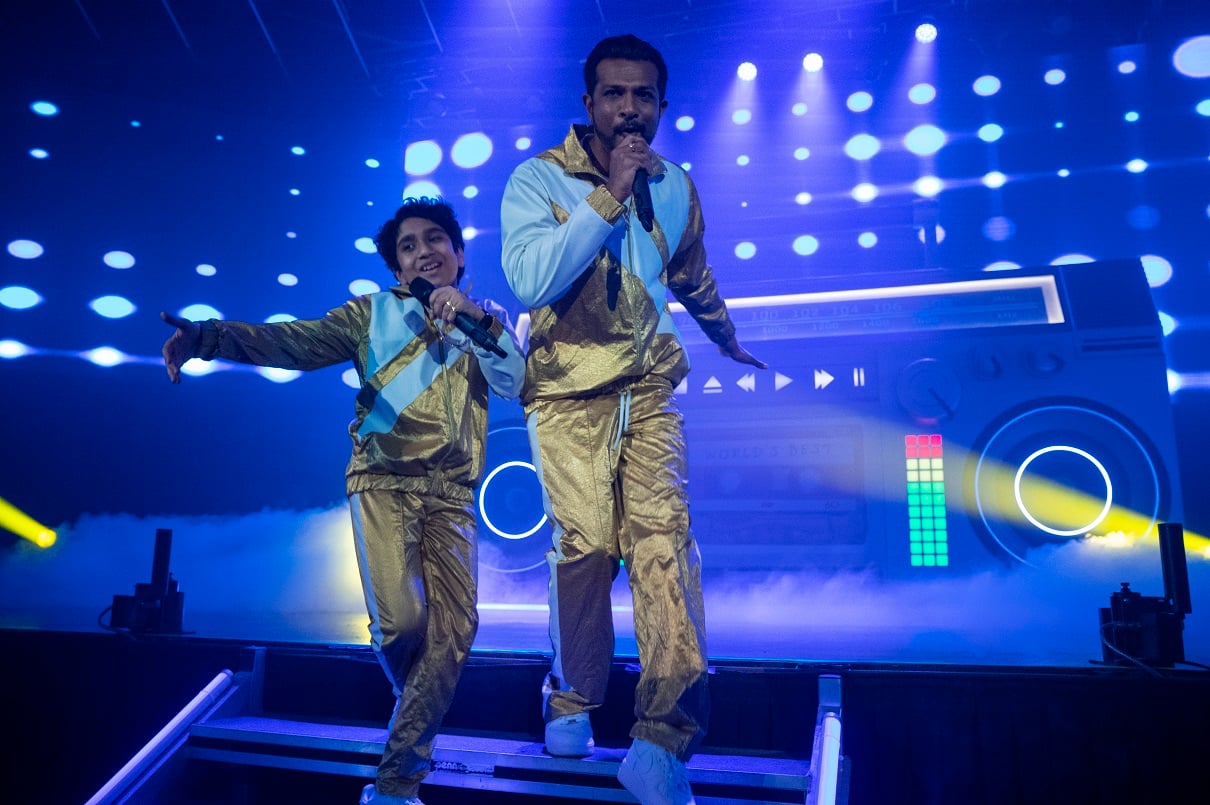
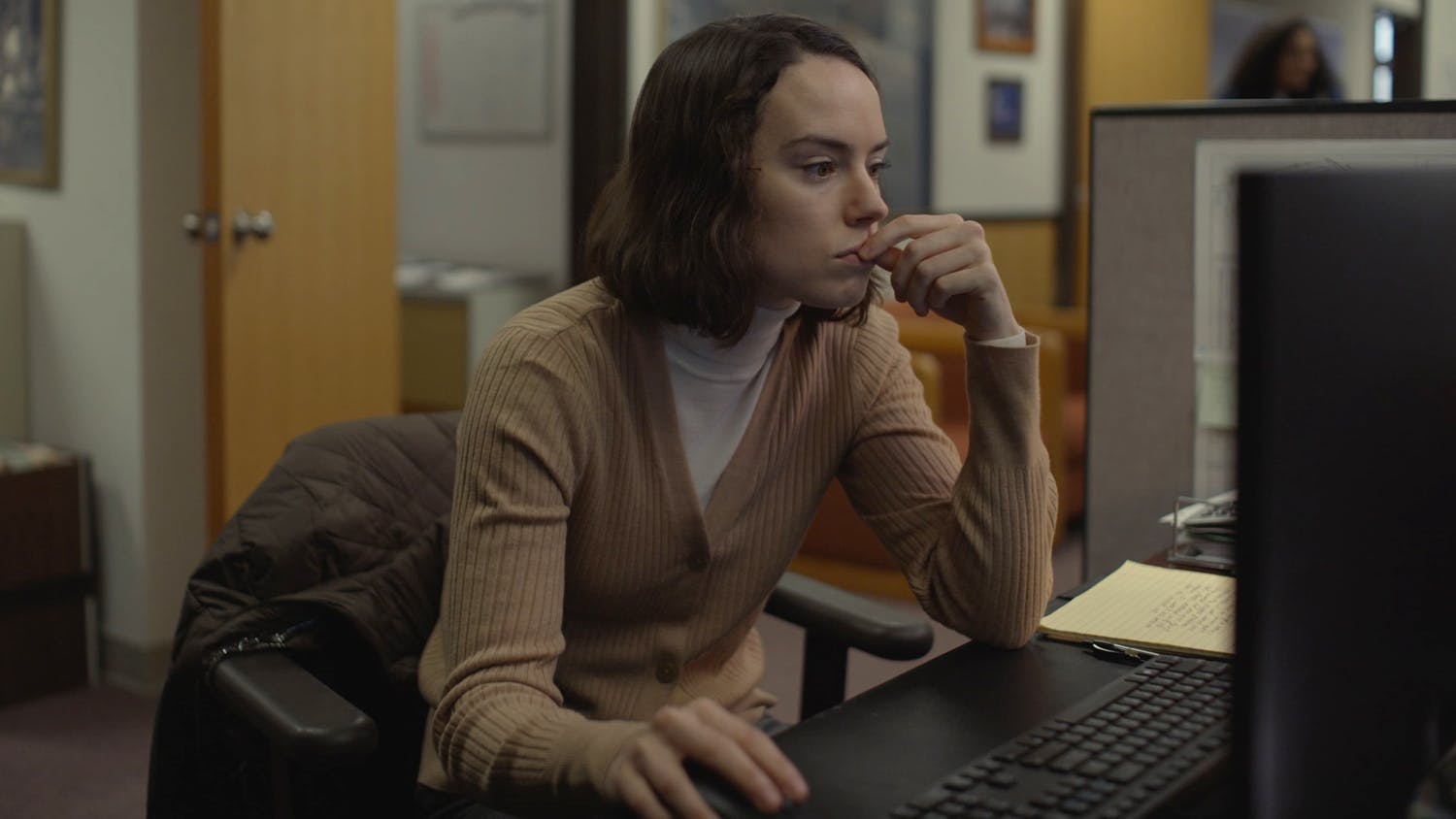
 x1
x1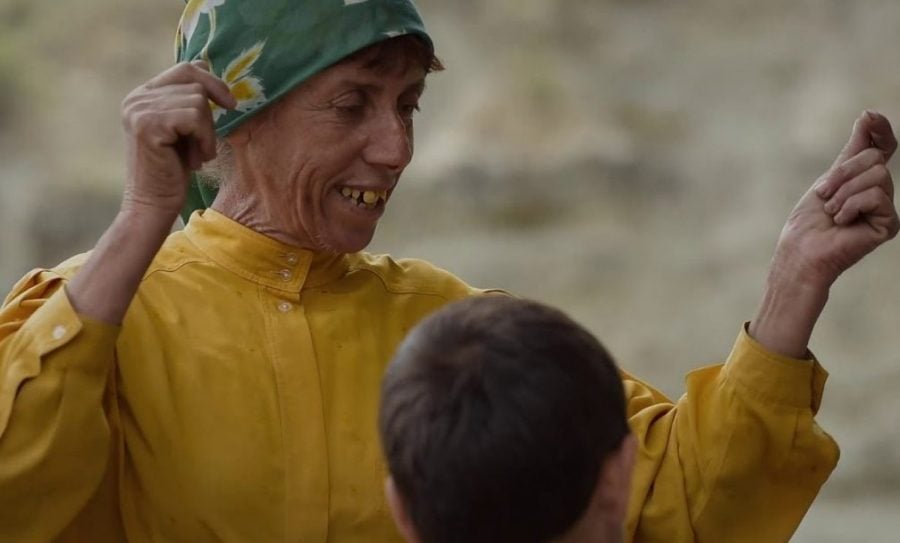
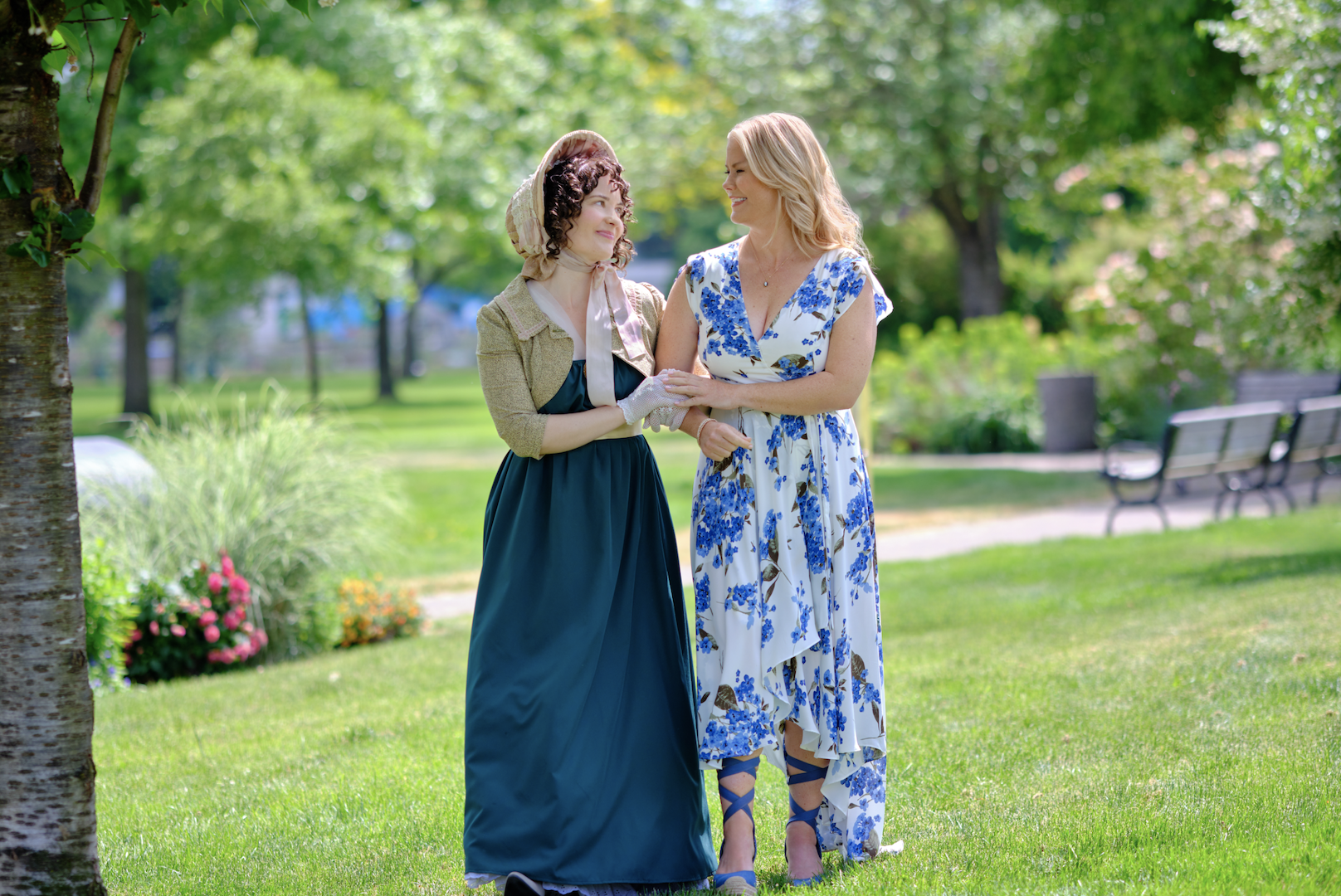
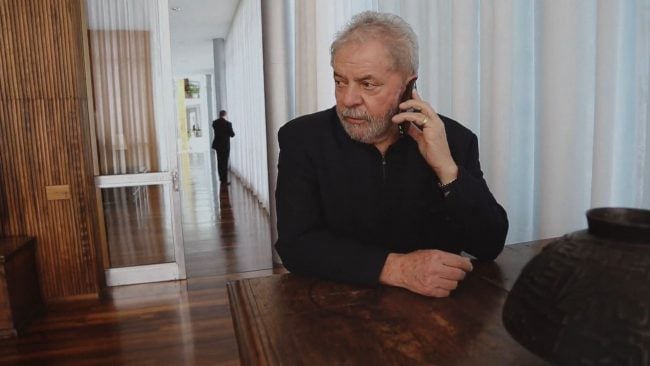
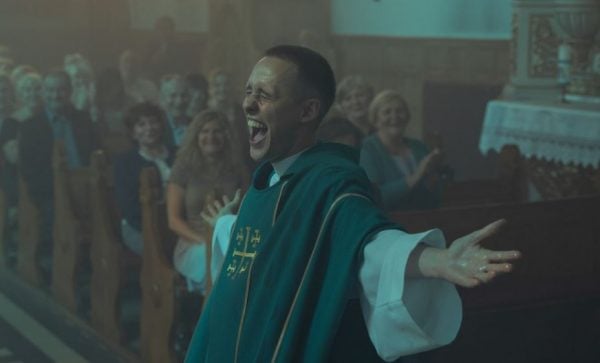
 x1
x1